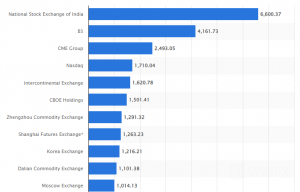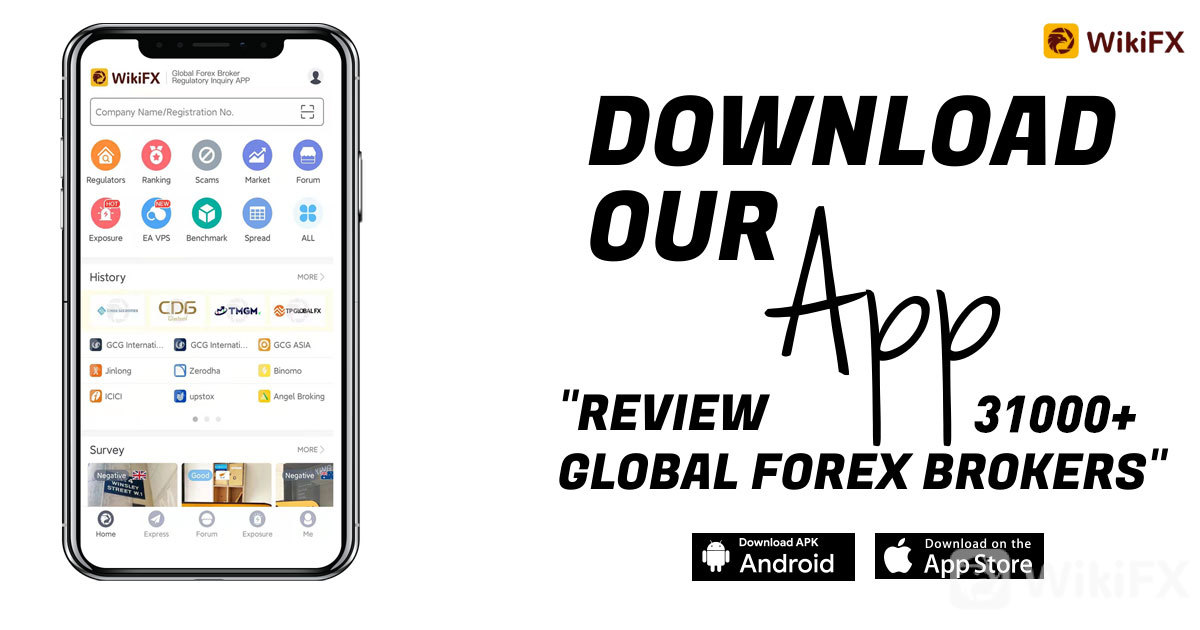What are Derivative Contracts in Simple Terms?
Derivative trading represents a contract (agreement) between two parties (a future buyer and a future seller) in which the value of the contract is determined by the price movement of the underlying asset.
Futures, options, forwards, contract for difference (CFDs) and swaps are the most prevalent types of derivatives. The underlying financial assets, often referred to as financial instruments, comprising stocks, bonds, crude oil, currency, commodities and interest rates.
What are Futures and Options?
Although the futures market and options share similar features, differences between the two exist.
-
Futures are standardised forward contracts between buyer and seller, traded through a public exchange which eliminates counterparty risk. Every futures contract, as highlighted above, derives its value through an underlying asset, with the contract specification providing information such as the contract price, quantity of the asset, delivery location and delivery date.
-
Options also represent contracts between buyer and seller. Again, unlike a futures contract, an options contract provides the holder of the contract with the right (but not the obligation) to buy or sell the underlying asset, at a fixed price and at a specified future date.
At the time of writing, the largest futures exchange is the National Stock Exchange of India in Mumbai, which, as you can see, is followed by the CME Group and the Nasdaq.

The largest stock exchange is in the USA, New York Stock Exchange.
Futures trading and options trading are used by hedgers and speculators. Its important to note that prices can be volatile, causing profit and losses for traders and investors.
Derivatives are largely beneficial in two ways:
-
Mitigating risk. Hedgers use derivatives to manage uncertainty.
-
Speculation—profit from market fluctuations.
Advantages of Futures Contracts Compared to Options
-
A futures contract is often liquid.
-
Futures give the option of more leverage.
-
Good margins are available.
-
The investor knows the margin they have to deposit.
-
No time decay.
-
Futures pricing are relatively easy to understand.
With all investments check the rules about initial margin requirements, as they may differ from each investment.

Disadvantages of Futures Contracts
-
A learning curve for beginners.
Advantages of Options Contracts
-
The right to buy and sell at a fixed price through calls and options.
-
When trading options, in the event of unfavourable price changes your losses are limited to the premium paid.
Brokerage
You will need a reliable broker to trade the stock market online including investing in futures and options. Some brokers offer promotional bonuses when opening accounts. Look for a broker that has clear and concise guidelines and is fully regulated, with transparent costs.
Find a broker that meets your needs. Choose wisely and conduct thorough research. There are many comparison websites and reviews to help, with many offering an easy-to-navigate platform.
Cost
Margin and premiums are critical considerations in futures and options. When you enter a futures contract, you deposit margin.
Understanding costs should be considered when developing a trading strategy. Long and short-term capital gains taxes are applied to futures and its your responsibility to be aware of tax requirements.
Settlement
Most futures and options contracts are settled in cash on the expiry date (expiration date), either in actual shares or cash. You can also do it prior to the transactions expiration date by squaring the transaction. You can square off a futures contract, for example, by purchasing another identical contract. This is also possible with options contracts.
Margins
Margin is the fee paid to your broker when you purchase futures contracts.
An Alternative to Futures and Options
CFDs are another method of accessing underlying markets, formed in the shape of over-the-counter products via a network of brokers and other financial institutions. Forex trading with FP Markets is another form of trading. Visit their website for some first-rate trading tips.
https://www.fpmarkets.com/account-types/forex-account-types/ View the free videos relating to the foreign exchange market.
Traders often gain access to markets through purpose-built internet trading platforms, such as MetaTrader 4 (MT4) and MetaTrader 5 (MT5).
The Bottom Line
Do your due diligence before you trade a live account. If you do not understand the mechanics of futures and options, a number of beginners guides are available.
You have to consider your choices, depending on your risk management profile and investment objectives.
None of the above article is intended to give trading advice.
Always read and understand the disclaimer, to avoid future issues.

Leave a Reply